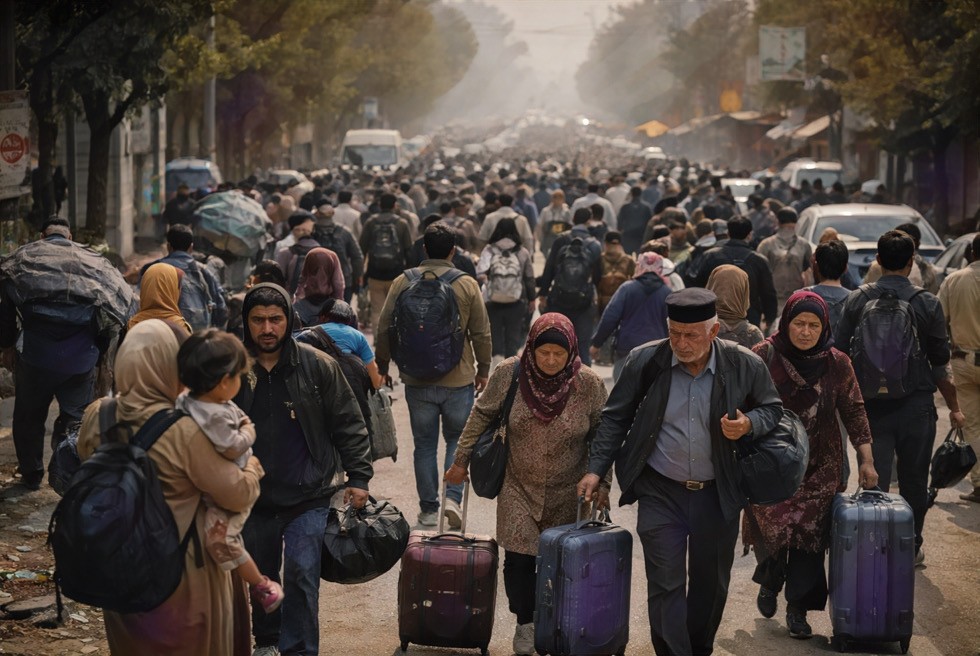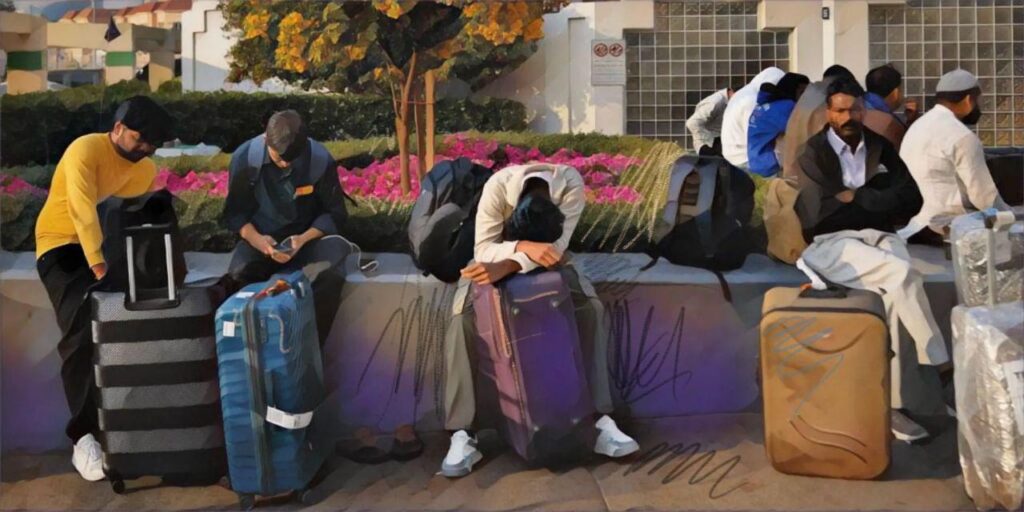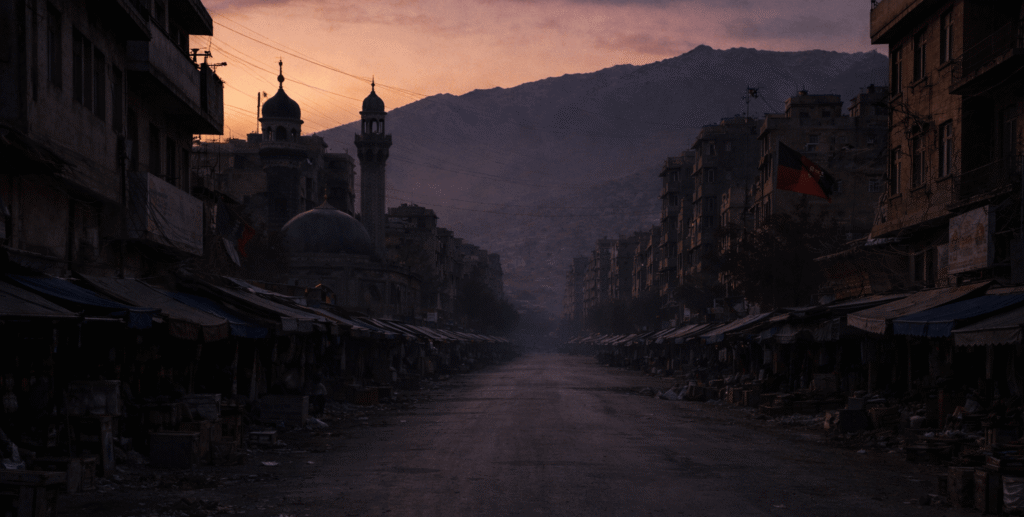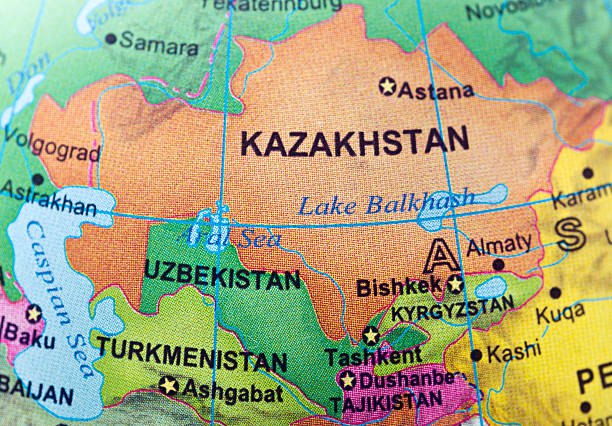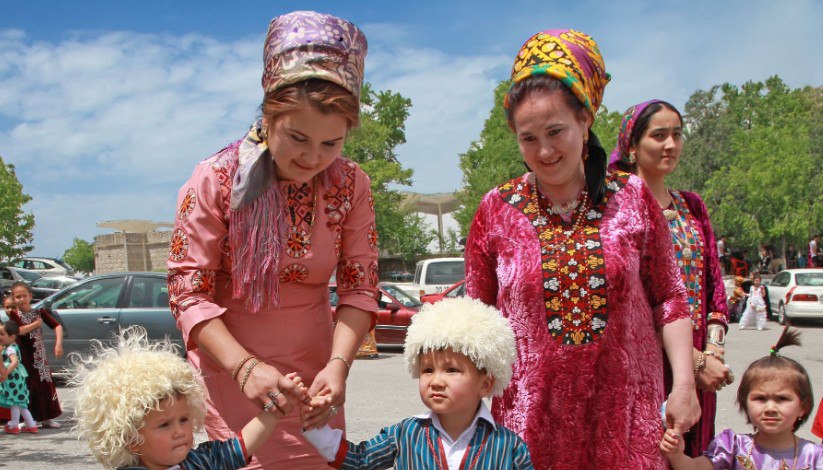Central Asia Updates from Mideast Conflict
Kazakhstan has expressed sorrow over the deaths of young students in what appeared to be an air strike that hit a girls’ primary school in the southern Iranian city of Minab. “I received the news of the death of 160 schoolgirls in Iran - with deep distress. The interruption of the lives of children, who must get education and step into the future on a peaceful day, is an irreplaceable tragedy for all humanity,” Education Minister Zhuldyz Suleimenova said on Facebook on Monday. “As a parent, I believe that children should never be victims of any kind of conflict, or political disputes,” Suleimenova said. “Their safety and well-being is one of the most important values for the international community and for every state.” Health officials and state media in Iran have reported a higher death toll of at least 175 in the destruction at the school on Saturday, saying most of the dead were probably children. The U.S. military said it was looking into reports of civilian casualties during its operations against the Iranian government. Some reports say the school that was hit is near an Iranian military installation, one of many targeted by U.S. and Israeli strikes since the military air campaign began on Saturday. Kyrgyzstan is working to help hundreds of its citizens who are stranded in Gulf countries because of the Mideast conflict. Diplomats are negotiating with hotels to make sure that Kyrgyz nationals are not evicted, Seitek Zhumakadyr uulu, head of the consular department of Kyrgyzstan’s Ministry of Foreign Affairs, said on Monday. He said there are 800 stranded Kyrgyz citizens in Qatar and about 1,000 in the United Arab Emirates, according to Kyrgyzstan’s state news agency Kabar. Most Kyrgyz citizens in Saudi Arabia are performing Umrah, the Islamic pilgrimage to Mecca, the official said. Thousands of pilgrims have been affected by the air strikes on Iran and retaliation by Iranian forces. Airspace in many parts of the region is closed to commercial traffic and airlines have suspended flights. However, Ulukbek Maripov, Kyrgyzstan’s ambassador in Saudi Arabia, has said that airports there are operating relatively well. There are no reports of Kyrgyz civilian casualties in the conflict. Uzbekistan’s diplomats in Turkmenistan's capital Ashgabat are arranging assistance for Uzbek citizens who want to leave Iran and cross into neighboring Turkmenistan. “Embassy officials will meet citizens at the Turkmen-Iranian border crossing in the city of Sarakhs,” Uzbekistan’s state news agency Dunyo reported. “Official vehicles of the Embassy of Uzbekistan in Ashgabat have been mobilized to facilitate onward travel arrangements.” The Iranian city of Sarakhs is a key transit point for trade between Iran and Central Asia. The border between Iran and Turkmenistan is more than 1,000 kilometers. A Tajik citizen who was leaving Iran by crossing into Azerbaijan needed medical assistance at the border. “A female citizen of Tajikistan experienced health problems during the evacuation from Iran via the Azerbaijani border,” the Azerbaijani Press Agency reported. “She applied to a doctor present at the checkpoint. The Tajik citizen...
